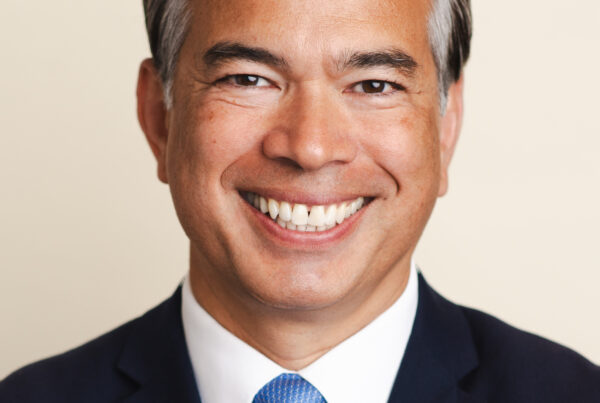Courts must investigate if an incapable inmate was previously opposed to electroconvulsive therapy before authorizing the therapy, an appellate panel stemming from a San Bernardino Case decided Jan. 11.
Previously, courts could authorize electroconvulsive therapy if the court found the inmate incapable of consent, if the therapy would be beneficial and if there was a compelling justification for it.
Electroconvulsive therapy involves electric shocks applied to the brain to produce a seizure while the patient is under therapy, the panel said.
In this case, a 44-year-old inmate convicted of murder, Rudy Terrazas, was diagnosed schizophrenic and bipolar. The acting warden of Chico’s California Institute for Men petitioned for Terrazas








